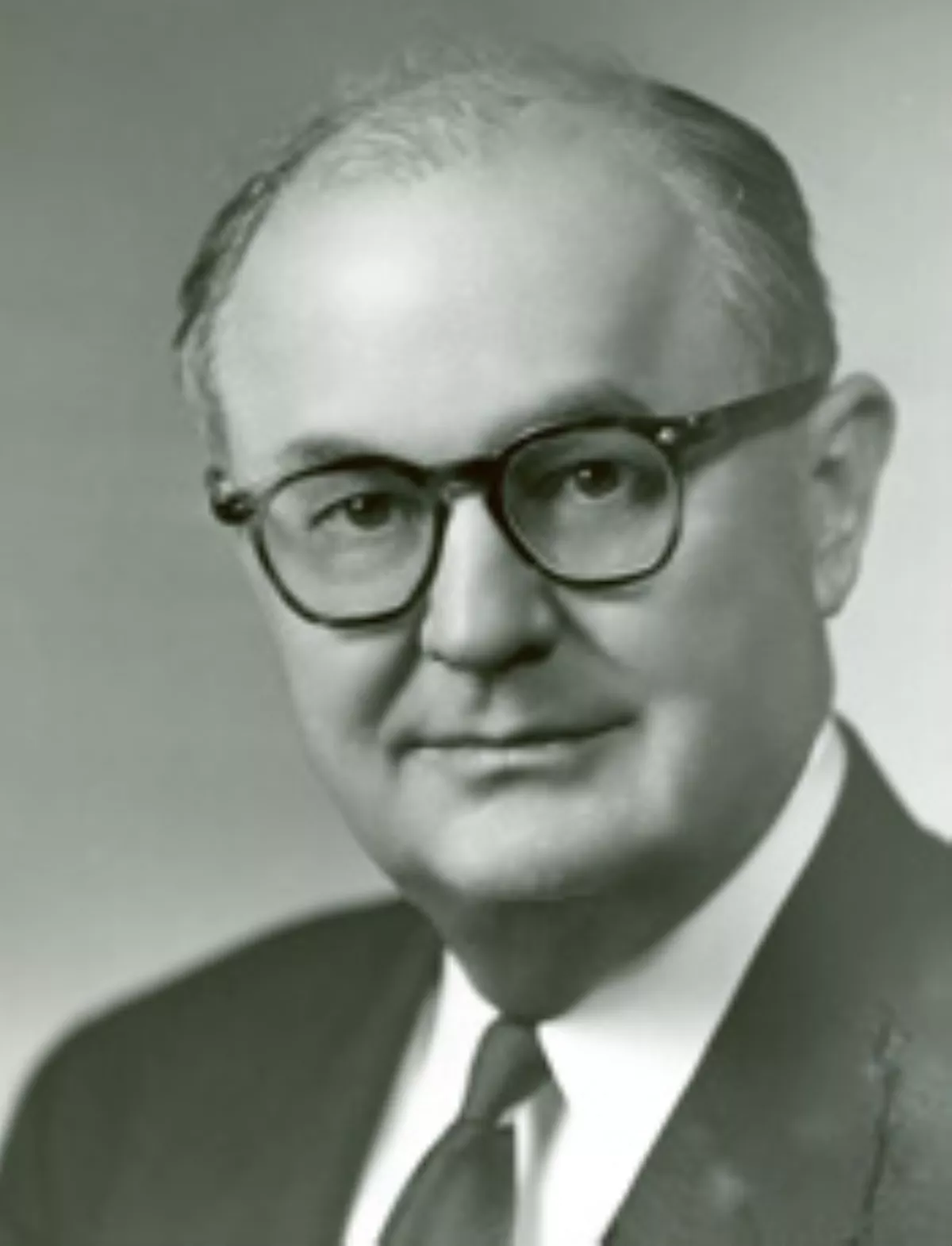 1.
1. John William Wright Patman was an American politician.

 1.
1. John William Wright Patman was an American politician.
From 1916 to 1917, Wright Patman held his first political office as assistant county attorney for Cass County, Texas.
Wright Patman then served in the United States Army during World War I from 1917 to 1919.
Wright Patman served two terms in the Texas House before serving as a district attorney in Texas from 1924 to 1929.
In Congress, Wright Patman was a fiscal watchdog who challenged practices of major banks and the Federal Reserve.
Wright Patman co-sponsored the Robinson-Patman Act of 1935, which was designed to protect small retail shops against competition from chain stores by fixing a minimum price for retail products.
From 1963 to 1975, Wright Patman chaired the United States House Committee on Banking and Currency.
Wright Patman later received a commission as a first lieutenant and machine gun officer in the Texas Army National Guard's 144th Infantry Regiment, a unit of the 36th Division.
Wright Patman remained in the National Guard for several years after the war.
Wright Patman was elected to the Texas House of Representatives in 1920.
Wright Patman left the House in 1924 when he was appointed district attorney of the fifth judicial district of Texas.
In 1928, Wright Patman was elected to the House of Representatives from Texas's 1st congressional district.
In 1932, Wright Patman introduced a bill that would have mandated the immediate payment of the bonus to World War I veterans.
In January 1932, Wright Patman spearheaded a movement to impeach Treasury Secretary Andrew Mellon, which forced the latter's resignation the following month.
In 1935, Wright Patman took on the cause of independent retailers, who were engaged in a nationwide battle to stop the growth of chain retailing by taxing chains and restricting their business practices.
The Wright Patman Committee investigated the hundred dollar bills found on the Watergate "plumbers" upon their arrest, suspecting they could directly link them to CREEP, the president's re-election committee.
In 1975, Patman was voted out of his position as Chairman of the Banking committee by younger Congressmen, in a revolt against the 'Seniority system' which removed Felix Edward Hebert and William R Poage from their positions as chairmen.
The main reason given for the caucus removing Wright Patman was concern about his age and effectiveness.
In 1919, Wright Patman married Merle Connor, who died in 1967.
Wright Patman died of pneumonia in Bethesda, Maryland on March 7,1976.
Wright Patman is regarded as a liberal and populist who brought federal jobs and works projects to his district, where agriculture previously was the dominant economic sector.